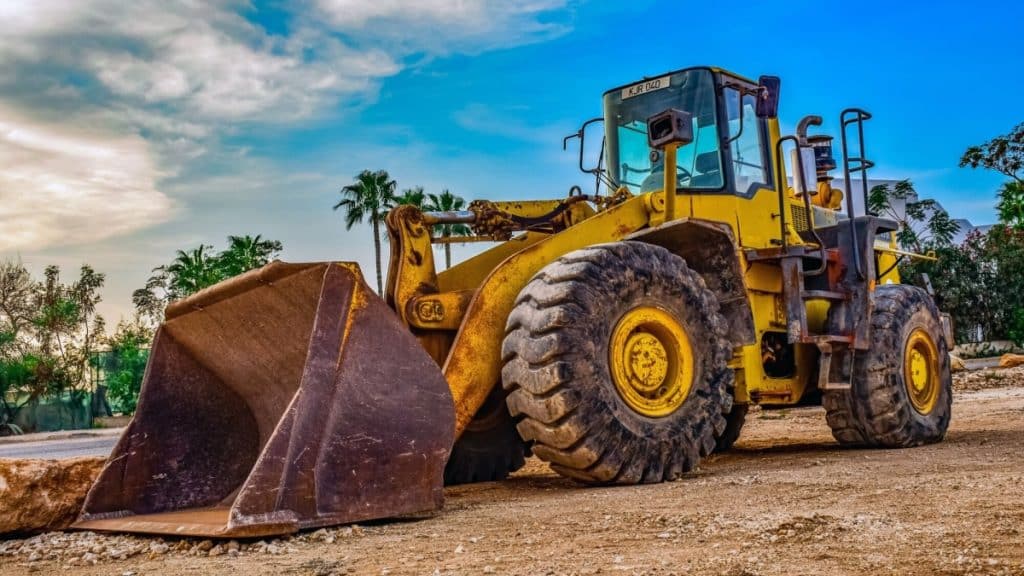Hiring earthmoving equipment is a cost-effective solution for construction, mining, and other heavy-duty operations. In order for you to maximize its benefits, it’s essential to approach the process strategically. From selecting the right equipment to ensuring efficient usage, this article provides ten simple yet important tips to help you get the most out of your earthmoving equipment hire.
1. Understand Your Project Requirements
Before hiring any earthmoving equipment, understand the specific project requirements. Take the time to analyze the scope of the project, including site size and the type of work that needs to be completed. That’s why identifying the job’s demands will help in selecting the appropriate machinery. Whether a backhoe or excavator is needed, knowing the needs upfront ensures the right equipment is hired.
2. Choose the Right Equipment for the Job
Earthmoving equipment comes with each designed for specific tasks. For instance, if there is a need to excavate large volumes of soil, an excavator will be more suitable than a skid steer. Similarly, for moving earth or materials over long distances, a bulldozer may be more effective. Discuss project details with the equipment hire provider, as valuable advice on the best machinery for specific needs can be offered.
3. Evaluate the Condition of the Equipment
When selecting machinery, ensure it is in good working condition. Ask the hire company for information about the equipment’s maintenance history and schedule. Opt for well-maintained equipment with a proven track record. Newer equipment is more fuel-efficient and less prone to breakdowns. Also, perform a pre-use inspection before the equipment arrives on-site to ensure it is ready for operation.
4. Schedule Equipment Rental for Optimal Time Frames
Timing is crucial when hiring earthmoving equipment. Plan your equipment hire to match the project timeline and rent for the exact duration needed to avoid unnecessary costs. Consider the time of year and weather conditions, as these can impact equipment availability and crew productivity. During peak construction seasons, demand may be high, so it’s best to book your machinery well in advance.
5. Consider the Total Cost of Hire
The total cost of hire includes additional factors such as fuel, delivery, and maintenance. Some hire companies may offer a more competitive rental price but charge high fees for fuel and transportation. To maximize benefits, consider the total cost of ownership, including all associated fees. Also, it is a good idea to inquire about insurance coverage in case of damage or accidents during the hire period.
6. Prioritize Safety and Compliance
Don’t forget to ensure that the hire company provides equipment that meets industry safety standards and complies with local regulations. Check that operators are trained in the proper use of the machinery to avoid accidents or mishandling that could lead to injuries or costly repairs. Additionally, ensure the equipment is fitted with safety features such as alarms, emergency stops, and rollover protection.
7. Maximize Equipment Efficiency
Keep in mind that maximizing the efficiency means using the machinery in the most effective way possible, which can reduce operational costs and project duration. For example, ensure the machinery is operated at optimal capacity by avoiding underutilization or overworking the equipment. Regularly monitor the performance of the machinery to spot any potential issues before escalation.
8. Maintain the Equipment Properly
As the operator, the responsibility for the care and maintenance of the equipment while on-site falls on you. Regularly check fluid levels and other key components to prevent breakdowns or mechanical failures. Keep the equipment clean and free from debris to ensure smooth operation. If any malfunctions occur during the hire period, inform the hire company to arrange for repairs or a replacement.
9. Plan for Equipment Delivery and Pickup
Confirm the delivery date and time with the hire company to ensure the machinery arrives when needed. Also, verify that the site is prepared for equipment unloading and operation. Ensure adequate space for the equipment to move around and that the ground is stable enough for safe operation. Take note that when the job is complete, schedule timely pickup to avoid additional rental charges.
10. Communicate Regularly with Your Hire Provider
Always remember that regular communication with the equipment hire provider, like the ConX Hire, is key to ensuring that everything runs smoothly throughout the rental period. Keep the provider informed of any issues, changes in the project scope, or equipment requirements. However, if additional machinery or extended rental periods are needed, contact the hire company as soon as possible.
Strategic Investment in Earthmoving Equipment!
Investing with earthmoving equipment can greatly benefit a project, but to maximize its value, the process must be approached strategically. From understanding the project’s needs to planning for efficient use, the machinery can contribute to success. Moreover, regular communication with the hire provider and careful consideration of the total costs will further enhance the benefits.
